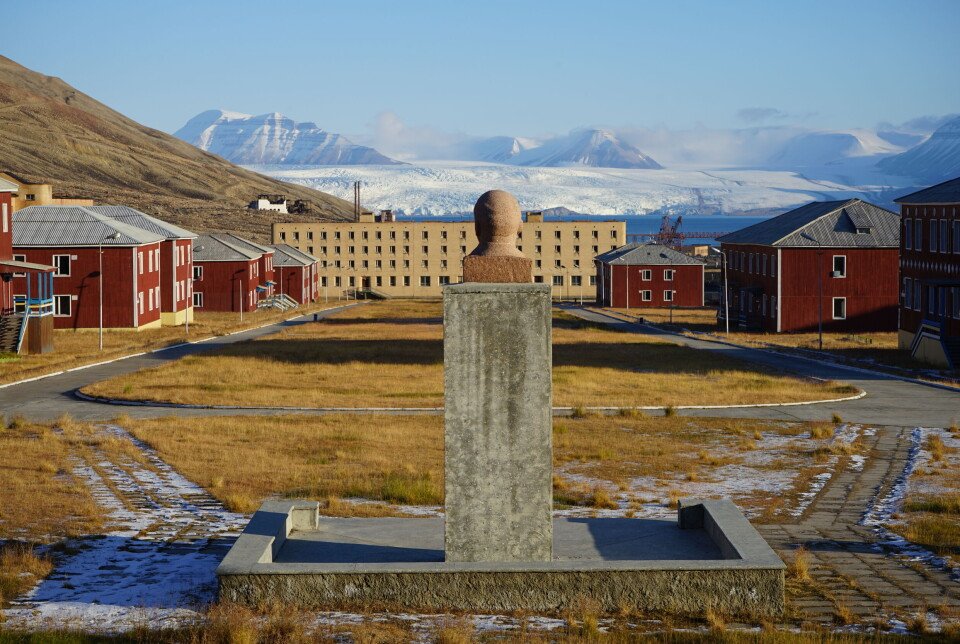Norway’s remote Arctic archipelago of Svalbard is drawing renewed strategic attention as Russia continues to operate the coal-mining settlement of Barentsburg despite years of losses. Established under the terms of the 1920 Svalbard Treaty, the Russian outpost remains a symbolic and potentially strategic presence. Western intelligence agencies fear Moscow could leverage this enclave — formally on NATO soil — for propaganda, intelligence gathering, or even as a pretext for hybrid or direct military action. In June, Norwegian intelligence chief Admiral Nils Andreas Stensønes warned that the Arctic was attracting “increased interest” from Russia, particularly after the Baltic Sea became “unfriendly waters” following the invasion of Ukraine, according to The Economist.
Treaty framework limits militarisation but leaves openings
The Svalbard Treaty confirmed Norwegian sovereignty but granted equal rights to all signatory states for residency, fishing, hunting, and commercial activities. Article 9 prohibits military bases or fortifications on the archipelago, ensuring its demilitarised status. However, Svalbard’s geography — controlling access between Greenland and mainland Norway — makes it a prime location for monitoring maritime and air routes across the Arctic. Russia’s continued presence in Barentsburg provides a legal basis for maintaining personnel and infrastructure that could be repurposed in a crisis.
Escalating tensions and strategic incidents
In recent years, tensions have flared. Three years ago, Russian trawlers damaged an undersea cable linking Svalbard to mainland Norway. The following year, Moscow declared Norway an “unfriendly country” and, in March 2025, accused Oslo of militarising the archipelago in breach of the treaty. Oslo dismissed the claims as unfounded. Russian research vessels with naval ties are frequently observed in surrounding waters, conducting technical surveillance of underwater, maritime, and airspace activity in the North Atlantic. Such incidents are seen as deliberate provocations to test NATO’s response thresholds.
Chinese presence and potential cooperation with Moscow
Adding complexity, China operates the “Yellow River” Arctic research station on Svalbard. Analysts warn of possible undisclosed arrangements between Beijing and Moscow that could extend beyond scientific cooperation into areas with potential military relevance. With climate change opening the Northern Sea Route to longer seasonal use, control over Svalbard offers both economic leverage and strategic positioning along one of the Arctic’s most important shipping lanes.
High-value global assets at risk
Svalbard also hosts the Global Seed Vault, designed to safeguard genetic diversity of key crops against regional or global disasters. Control of such a facility would be a significant advantage in crisis scenarios, further underscoring the archipelago’s importance. As Arctic geopolitics intensifies, Norway faces the challenge of balancing treaty obligations with the need to safeguard NATO’s northern flank against covert and overt pressure from Russia.










